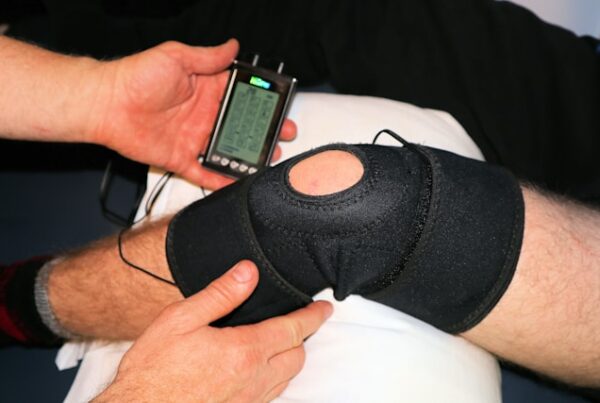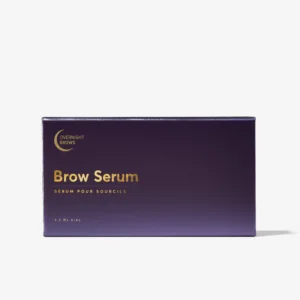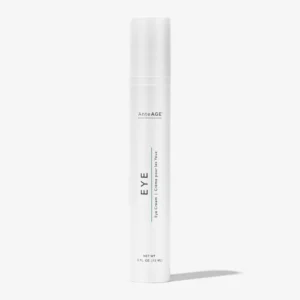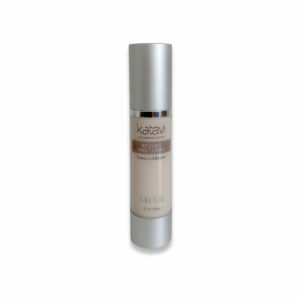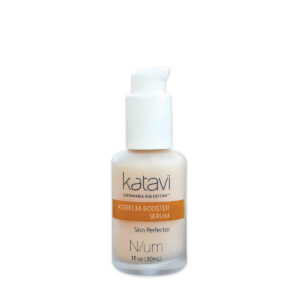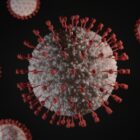Low Testosterone in Women
Testosterone is typically thought of as a male hormone, but it is also present in women, albeit in much lower levels. Testosterone plays an important role in women’s sexual health and overall well-being. However, low levels of testosterone in women can lead to a variety of symptoms.
The prevalence of low testosterone levels in women is not well-defined, as there is no standard definition of low testosterone levels in women. Additionally, symptoms of low testosterone can be vague and overlap with other conditions, making diagnosis challenging.
However, studies have suggested that low testosterone levels may affect up to 50% of postmenopausal women, with levels decreasing by about 50% after menopause. Symptoms of low testosterone in women may include decreased libido, decreased energy, muscle weakness, weight gain, and decreased bone density.
It’s important to note that low testosterone levels in women can be caused by a variety of factors, including aging, medical conditions such as diabetes and thyroid disorders, and certain medications. If you are experiencing symptoms of low testosterone, it is important to talk to your healthcare provider to determine the underlying cause and develop an appropriate treatment plan.
Signs and Symptoms of Low T in Women
Here’s more information about the symptoms of low testosterone in women:
- Decreased libido: Testosterone is an important hormone for sexual function in both men and women. In women, low testosterone levels can lead to a decreased sex drive or libido, making it difficult to become aroused or experience sexual satisfaction. This can lead to a decrease in overall quality of life and can impact relationships.
- Decreased energy: Testosterone helps to maintain energy levels in both men and women. When women have low testosterone levels, they may experience a decrease in energy, making it difficult to complete daily tasks or engage in physical activity. This can lead to feelings of fatigue and can impact overall quality of life.
- Muscle weakness: Testosterone plays a role in maintaining muscle mass and strength in both men and women. When women have low testosterone levels, they may experience muscle weakness or a decrease in muscle mass. This can lead to difficulty with physical tasks and can impact overall physical health.
- Weight gain: Testosterone helps to regulate metabolism and body fat distribution in both men and women. When women have low testosterone levels, they may experience weight gain, particularly in the abdominal area. This can lead to an increased risk of health problems such as diabetes, heart disease, and stroke.
- Decreased bone density: Testosterone plays a role in maintaining bone density in both men and women. When women have low testosterone levels, they may experience a decrease in bone density, leading to an increased risk of osteoporosis and bone fractures.
It’s important to note that these symptoms can be caused by other medical conditions or factors, so it’s important to talk to a healthcare provider to determine the underlying cause and develop an appropriate treatment plan.
Top Causes of Low T in Women
Here are the top 5 causes of low testosterone in women:
- Aging: As women age, their testosterone levels naturally decrease. After menopause, testosterone levels can decrease by up to 50%.
- Medical conditions: Certain medical conditions such as diabetes, obesity, and thyroid disorders can contribute to low testosterone levels in women. These conditions can impact hormone production and regulation.
- Medications: Some medications such as hormonal contraceptives, glucocorticoids, and opioids can contribute to low testosterone levels in women.
- Ovarian disorders: Conditions such as polycystic ovary syndrome (PCOS) or premature ovarian failure can impact testosterone production and lead to low testosterone levels in women.
- Pituitary disorders: The pituitary gland plays a role in regulating hormone production, including testosterone. Disorders such as pituitary tumors or radiation therapy can impact the function of the pituitary gland and lead to low testosterone levels in women.
It’s important to note that these are just some of the potential causes of low testosterone in women and that the underlying cause can vary from person to person. If you’re experiencing symptoms of low testosterone, it’s important to talk to a healthcare provider to determine the underlying cause and develop an appropriate treatment plan.
Treatment Options for Women with Low T
Here are the top 3 treatments for women with low testosterone:
- Testosterone replacement therapy (TRT): TRT involves the use of testosterone medication to increase low levels of testosterone in the body. This treatment can improve symptoms such as decreased libido, energy, and muscle strength. However, TRT can have side effects and may not be appropriate for all women.
- Lifestyle changes: Lifestyle changes such as regular exercise and a healthy diet can help improve testosterone levels in women. Strength training exercises can also help increase muscle strength and improve overall physical health.
- Medications for underlying conditions: If an underlying medical condition is causing low testosterone levels, treating that condition may improve testosterone levels. For example, treating thyroid disorders or diabetes can improve testosterone levels in women.
It’s important to note that the best treatment for low testosterone in women can vary depending on the underlying cause, overall health, and other factors. It’s important to talk to a healthcare provider to determine the most appropriate treatment plan. TRT may not be suitable for all women, and some women may benefit from alternative treatments such as lifestyle changes or medication for underlying conditions.
Peptides for Low T in Women
Peptides are short chains of amino acids that play a variety of physiological roles in the body. While there are some peptides that have been studied for their potential to increase testosterone levels in men, there is limited research on the use of peptides for low testosterone in women.
There are some peptides that have been investigated for their potential to improve sexual function and libido in women, such as PT-141 (Bremelanotide) and Kisspeptin-54. However, these peptides have not been specifically studied for their effects on testosterone levels in women.
It’s important to note that using peptides for low testosterone in women is not a widely accepted treatment and should only be considered under the guidance of a healthcare provider. Any potential benefits and risks of using peptides for low testosterone in women are not yet fully understood and require further research. Other treatments, such as testosterone replacement therapy or lifestyle changes, may be more appropriate for women with low testosterone levels.
Low T in Women snippet
Low testosterone in women can cause symptoms such as decreased libido, energy, muscle weakness, weight gain, and decreased bone density. Causes can include aging, medical conditions, medications, ovarian disorders, and pituitary disorders. Treatments may include testosterone replacement therapy, lifestyle changes, and medications for underlying conditions. However, the most appropriate treatment can vary depending on the underlying cause and should be determined by a healthcare provider.
Want to Check Your T-level Today?
FSA & HSA accepted.
$30
@local Labcorp
-
Simple blood draw
-
Results in 3-5 days
-
Expert analysis and recommendation
*no purchase necessary
Related items..
-
AnteAGE® Overnight Brows Serum 3.5ml
$75.00 -
AnteAGE® Eye (15ml)
$105.00 -
PCA Skin Hyaluronic Acid Boosting Serum 3oz
$315.00 -
Katavi Radiant-S Facial Serum NEW
$55.00 -
Katavi Natural Cleansing Wash
$33.00 -
Katavi Moisturizing Day Cream
$43.00 -
Katavi Tula Tula – Intensive Night Care
$43.00 -
N/um – Kigelia Booster Serum
$46.00 -
Katavi Hluba – Enzymatic Peel
$30.00 -
Katavi Miracle Hydration Oil
$40.00
Get Your Learn On

BPC-157 as an Anti-Inflammatory Agent and for Neuron Health: Unlocking Its Potential
